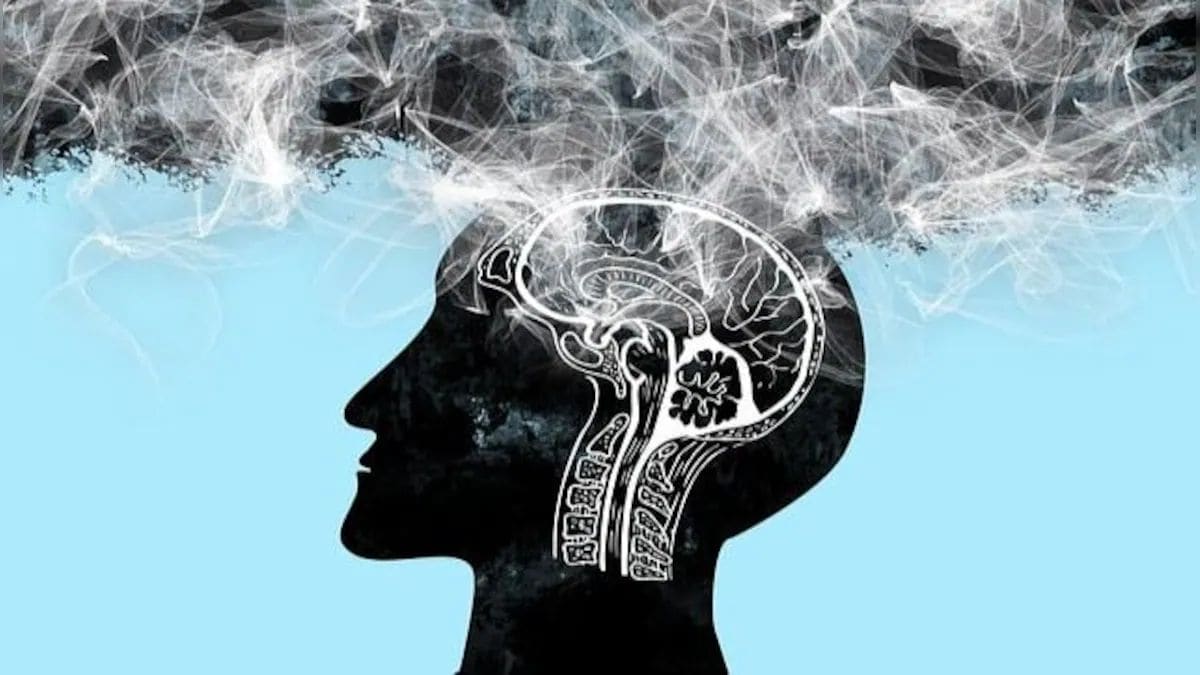In recent years, advances in medical science have led to an increase in the number of medical treatment options available, making clinical decision-making more complex and leading to a variety of ethical issues. In response, a number of hospitals have been establishing systems to provide clinical ethics consultation to medical care teams as support for the various ethical issues that arise in the medical field. However, since the number of consultation cases remains low even on a global scale, the effectiveness of this system remains a challenge.
Reasons for this include low awareness of clinical ethics consultation among hospital staff, uncertainty about which issues to consult on, and difficulty in clearly communicating their concerns about important but ambiguous issues. To address the above issues, a research group initiated by Osaka University clarified the specific strategies, , significance, and points to keep in mind for effective implementation based on different practices of proactive ethics consultation at two hospitals. The study is in the journal .

In "inter-professional ethics rounds," consultation teams visit hospital departments and communicate with medical staff in order to identify ethical issues and provide advice on how to resolve them. "Patient note reviews" involve reviewing patient records in departments where ethical issues are most likely to arise and working with the medical care team to identify cases that need to be addressed. "We hope that the new methods we have implemented over the past few years will help other hospitals develop their ethics teams more effectively," says lead author of the study Atsushi Kogetsu.
"Ultimately, we expect that these methods will lead to the resolution of in , the provision of better medical care, and the alleviation of moral anguish among medical staff." Atsushi Kogetsu et al, Two Approaches of 'Proactive Consultation': Towards Well-Functioning Clinical Ethics Consultation, (2024)..

















